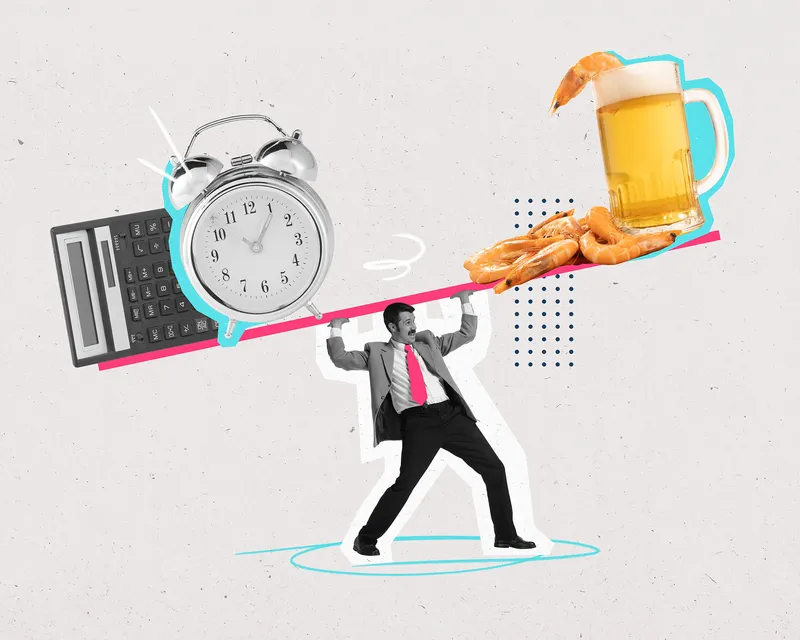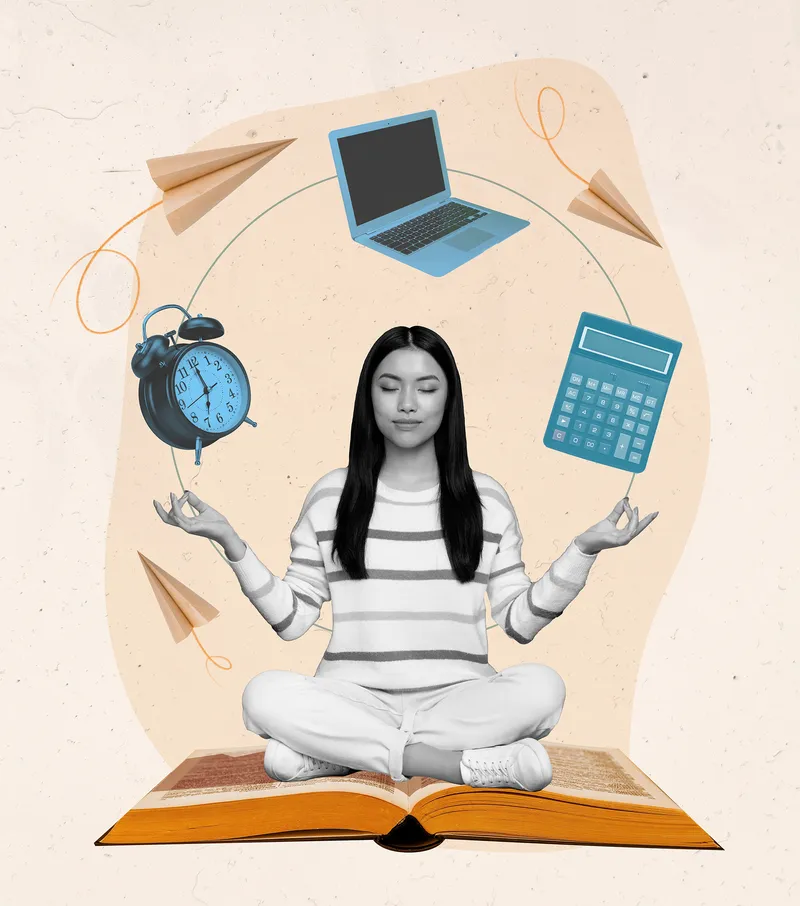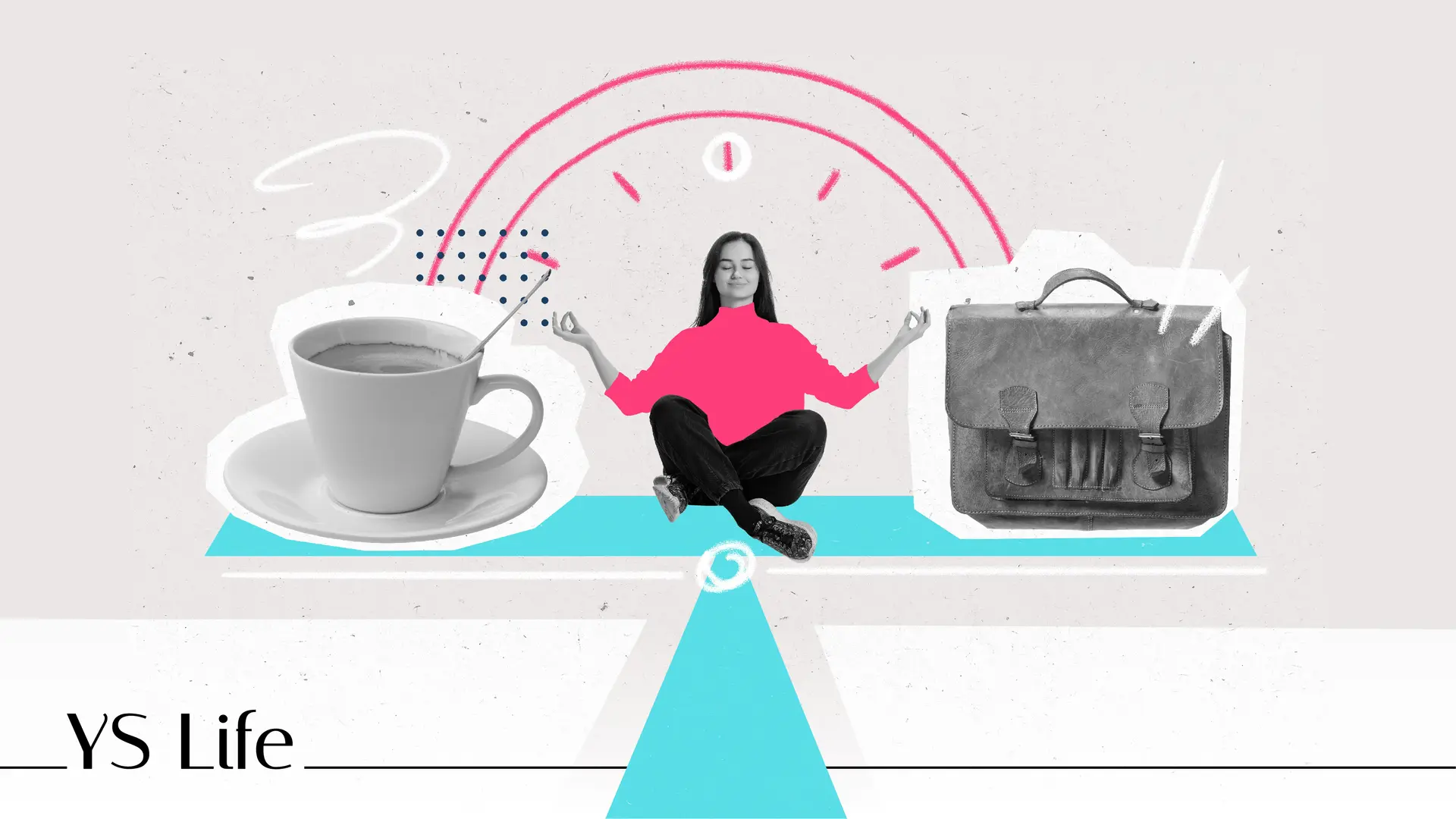Navigating work-life balance at the modern workplace across generations
While millennials prioritise career advancement, Gen Z values a balanced approach to life and work. How organisations navigate these differing perspectives, while framing workplace policies, has a bearing on employee well-being and productivity.
Centuries ago, Francis Bacon, in his essay Of Youth and Age, envisioned an ideal society that thrived on the synergy between the wisdom of experience and the energy of innovation.
This concept of combining seemingly opposing strengths seems to be resonating deeply in the modern work environment, which is increasingly striving to achieve work-life balance across generations.
While millennials come with experience in decision-making and organisational insight, Gen Z employees contribute with innovative thinking and efficient work practices. It is important to take into consideration the needs and views of both groups to create a dynamic workplace culture and strike the perfect work-life balance.

Image source: Shutterstock
While work-life balance is crucial for employee well-being, achieving it can be tough, given the complexities of modern workspaces and the pressures on employees.
According to a survey by Telus in 2024, over 42% of employees routinely feel exhausted and work excessive hours, while a 2021 survey by Microsoft found that 61% of employees feel pressured to be constantly available for work. About 81% of remote workers check work emails outside of work hours, says a 2023 Buffer survey.
This ‘always-on’ mentality, fuelled by technology, brews a perfect storm for imbalance. The consequences are severe: stress, burnout, fatigue, health problems, strained relationships, and decreased productivity.
Managing stress
Work-life balance is an essential yet unspoken aspect of everyone’s well-being.
“It is something that everybody knows, something that is prevalent in everybody’s life, but not everyone talks about it. No one is ready to seek help for it,” says Bhakti Talati, a seasoned coach based in Mumbai.
According to Talati, many individuals believe they should be able to manage work-life balance on their own until the situation becomes overwhelming and stressful.
Stress is an inevitable part of life and cannot be eliminated. However, it can be managed.
“You can learn how to manage it or cope with it so you are better equipped to handle a situation,” she advises.

Image source: Shutterstock
Learning effective stress management techniques and coping strategies is crucial for handling challenging situations better.
One can also seek professional help from qualified work-life balance coaches, who guide individuals and organisations in navigating the complexities of the modern work environment. They bridge the gap between what experienced millennials seek and what drives the youthful energy of GenZ and help fulfil Bacon’s vision in a practical and contemporary setting.
Talati draws from her experience in high-stress corporate settings to empower individuals to achieve harmony between their professional and personal lives, manage stress, and achieve holistic well-being.
How millennials and Gen Z view work
Millennials and Gen Z have different views on work.
Talati says, “Gen Z grew up witnessing the lack of work-life balance in millennials, which significantly influences their approach to work. This generation has a different value system and social structure compared to millennials, who were taught that work was the most important aspect of life.”
Elba P Aby, a Bengaluru-based talent delivery manager, believes individuals, not organisations, create work-life balance. She notes that Gen Z employees set boundaries and work smart, whereas millennials tend to work harder and prioritise their jobs. Gen Z views work as just a part of life and maintains clear boundaries, she adds.
Over time, smartphones have blurred the lines between work and personal life, as millennials make themselves constantly reachable and available for work. They prioritise work above all else, taking on extra tasks and passion projects–driven by the belief that professional success is closely tied to their happiness. Long hours are the norm, and late nights are not uncommon among them.
The rise of the ‘hustle culture’ in startups is also defining the work-centric approach of many millennials.
In contrast, Gen Z has witnessed the struggles of millennials due to over-prioritising work and has realised the importance of a balanced life.
“Gen Z is learning from the mistakes millennials made and unlearning the conditioning that millennials have. Also, awareness is greater now as generations have passed,” Talati explains.
Ann Xavier, a Gen Z employee, firmly believes that work is only one of the many things she prioritises in life.
“Work is only a part of life. We should not forget to live amidst work,” she says.
Given the diverse views on work and life, there is a need for a collaborative approach across generations for sustained innovation and productivity at the workplace.
Work-life balance is a cycle
“Work-life balance is not an achievement but a cycle,” states management magazine Harvard Business Review.
We can’t ‘win’ at balance—it’s a constant orchestration between evolving priorities and workloads. This means staying adaptable and regularly checking in with ourselves.
In a corporate setting, this might involve setting boundaries and seeking flexible arrangements to keep the work-life cycle in motion. It is also important to structure and plan one’s work and engage proactively in non-work activities to maintain work-life balance.

Image source: Shutterstock
Jerry John, a Bengaluru-based corporate employee–who identifies himself as a ‘millen-Z’ or Zillennial (a demographic cohort on the cusp of the millennials and Gen Z cohorts)–sets boundaries by managing projects to be completed within reasonable timelines.
“This helps me balance work with family time, friends time, and outings,” he says.
Workplace policies
While the onus is on individuals to set boundaries, organisations can aid employees in this effort with suitable workplace policies.
By understanding and integrating the diverse views of millennials and Gen Z, workplaces can build environments that benefit from the unique contributions of each generation.
Aby advocates a hybrid work model, as it allows employees to plan their work and personal lives better and ensures their minds stay fresh.
Her company supports employee well-being with strategies like ‘no meeting Friday’. This, Aby says, frees up Fridays for focused work, catching up on tasks, or simply taking a mental break, thus promoting a more balanced schedule.
John (the corporate employee quoted earlier) notes that the hybrid culture in office has improved work-life balance post-pandemic.
“Companies are making an effort to ensure that employees are engaged in activities apart from work so we can socialise digitally and in person,” he says.
Both millennials and GenZ bring to the workplace distinct perspectives on work and life. While millennials prioritise career advancement, Gen Z values a balanced approach to life and work.
How organisations navigate these differing perspectives, while framing workplace policies, has a bearing on employee well-being and productivity. As organisations continue to evolve, integrating diverse perspectives will be key to a balanced and thriving workforce.
Edited by Swetha Kannan







